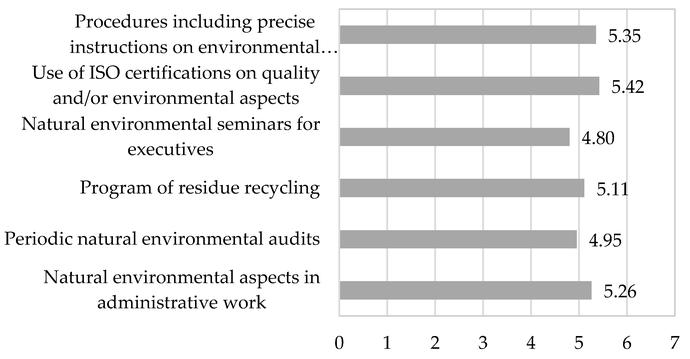Now when you gotta go on I-81 in Whitney Point, you'll be much gentler on the environment
While renovating a rest area might sound mundane — after all, most people have one thing in mind when stopping — a $2.2 million redo of the Whitney Point I-81 restrooms is a standout.
Each day, the upgraded rest area will save thousands of gallons of water. And it's now contributing to the environment in other ways, as well.
The Department of Transportation, which Monday announced the renovations in Whitney Point were officially complete, boasts of the area's new no-flush toilets and composting system.
This environmentally-friendly design is being rolled out elsewhere across the state at highway rest stops.
"At the beginning, people may have been a little confused over the fact that this isn't a flush toilet," said David Hamburg, the public information officer for the Department of Transportation. "People are becoming accustomed to them and appreciating them for what they are."

More:Top of their class: Meet your 2018 high school valedictorians and salutatorians
Traditional toilets use about one gallon of water when they flush. The new non-flush toilets instead use a foam solution that helps to clean the toilet bowl after each use.
In the past, the rest area previously used about 3,000 gallons of water each day, according to the Department of Transportation. The no-flush toilets and composting system will help the facility to reduce the water usage by 90 percent and now use about 300 gallons of water daily.
Water consumption costs for the facility will go from about $1,000 each month to about $100 a month, Hamburg said.
The rest area now has 12 composting units that contain thousands of red worms that then break everything down. The byproduct of the process isa liquid that is high in nitrogen which is then brought to an off-site sewage treatment plant.
Composting units also use a down-drafting fan that helps to eliminate possible smells at the facility.
The Kirkwoodwelcome area on I-81 also uses this type of environmentally friendly system and was completed last fall.








